A new competitive sport has arisen at SA. At lunch, crowds of students appear surrounding the two newly purchased ping-pong tables by the school. This new addition is not directly related to the ping-pong tables themselves, but instead to the new zero-tolerance phone policy.
This policy was introduced to the school through a long-winded email 2 weeks after classes had ended. It encourages students to leave their phones at home or keep them zipped away in their backpacks for the entirety of the school day, including lunch and Coyote Blocks, even if a student does not have a class during that time.
If students do not follow the policy, their phones will be collected and after a second time, parents will be called to pick them up. Lucas Woerz ‘27 shared that he had gotten out of Coyote Block a few minutes early and he pulled out his phone to check the time to see if he could leave, but the librarian took it. According to him, “I was going to check the time and put my phone right back in my backpack, but she wouldn’t let me explain.”
Some students like sophomore Judah Franco ‘28 think “if a teacher has to take a student’s phone then the student was doing something wrong.”
Director of Student Experience & Belonging Jessica Walton responded to this by saying, “It’s not always comfortable to hold people accountable to rules especially if you don’t agree with them, but that’s part of being in a community. Sometimes you put the group’s best interest above your personal preferences.”
According to Walton this policy was put in place to “encourage students to be present during the school day, not just in class, but in their interactions with each other.” She later added “there’s research that shows time away from phones is beneficial for social development, academic development and mental health.”
Although this new policy seems to be having its positive effects, it’s no secret that this ban has stirred some opinions. Some people, like Juliette Coté ‘26, feel it’s “a right taken away” and Ginger Leaver ‘27 feels “It takes away our dignity as people.”
Senior Maddie Castro ‘26 felt that the email was sent early so that students “would have a lot of time to think about it and then have just accepted it by the beginning of school.” This strategy looked like it worked, seeing that student outrage was heightened at the release of the email, but seemed to have dampened significantly since then. Now, after asking many students, most of them said things similar to “I don’t care” and “it’s whatever.” But there still is a group of students who are strongly against it.
When this email came out, Castro was outraged and by the time the second email regarding the phone policy was sent, Castro created The New Phone Policy Google doc, accessible to everyone with a Sonoma Academy email address, as a place where members of the SA community could express their opinions and could talk with others who felt the same way.
With six pages worth of arguments, this document sits not yet used, waiting for changes to be made. To Castro, this doc was a “way for students to actually put input out because they [Admin] did not want us to talk about it.” When I asked Maddie if she had plans for the document, she said she’d be “interested in sharing this doc with Jessica.”
“You can’t treat high schoolers who are about to be adults like children,” said Leaver. Coté agreed saying, “This feels like middle school… I’m almost 18 years old and I can’t go on my phone.”
According to Leaver, students “need to learn how to manage the things that are tempting” and not just be treated like “we’re babies and our iPads are getting taken away.”
While Castro claims “they [Admin] don’t want us to give criticism,” Jessica says that they have been accepting criticism from students and that they plan to consider all viewpoints to tweak the policy at the end of the mod.
Examples of inconveniences created by the policy span from scheduling confusion to communication difficulties. Junior Molly McNeil ‘27 said she had been “writing meetings on [her] hand because [she] can’t remember what time they are” without her phone.
But are all these inconveniences worth what we gain from this policy? Or is this policy the beginning of the end of the mutual respect between students and teachers that SA has worked so hard to create? Or does the real issue not lie in the phone policy itself, but instead in our society’s reliance on phones? These aren’t questions that we know the answer to, so until a compromise can be made, the ping-pong rally will continue.





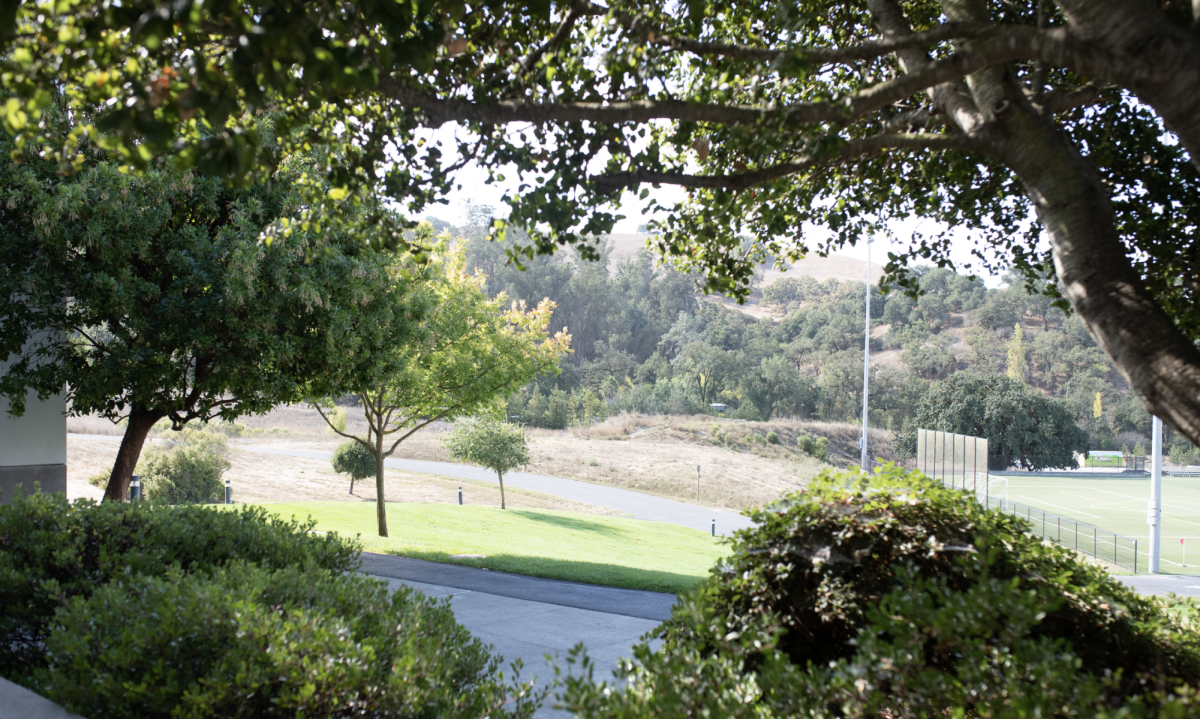
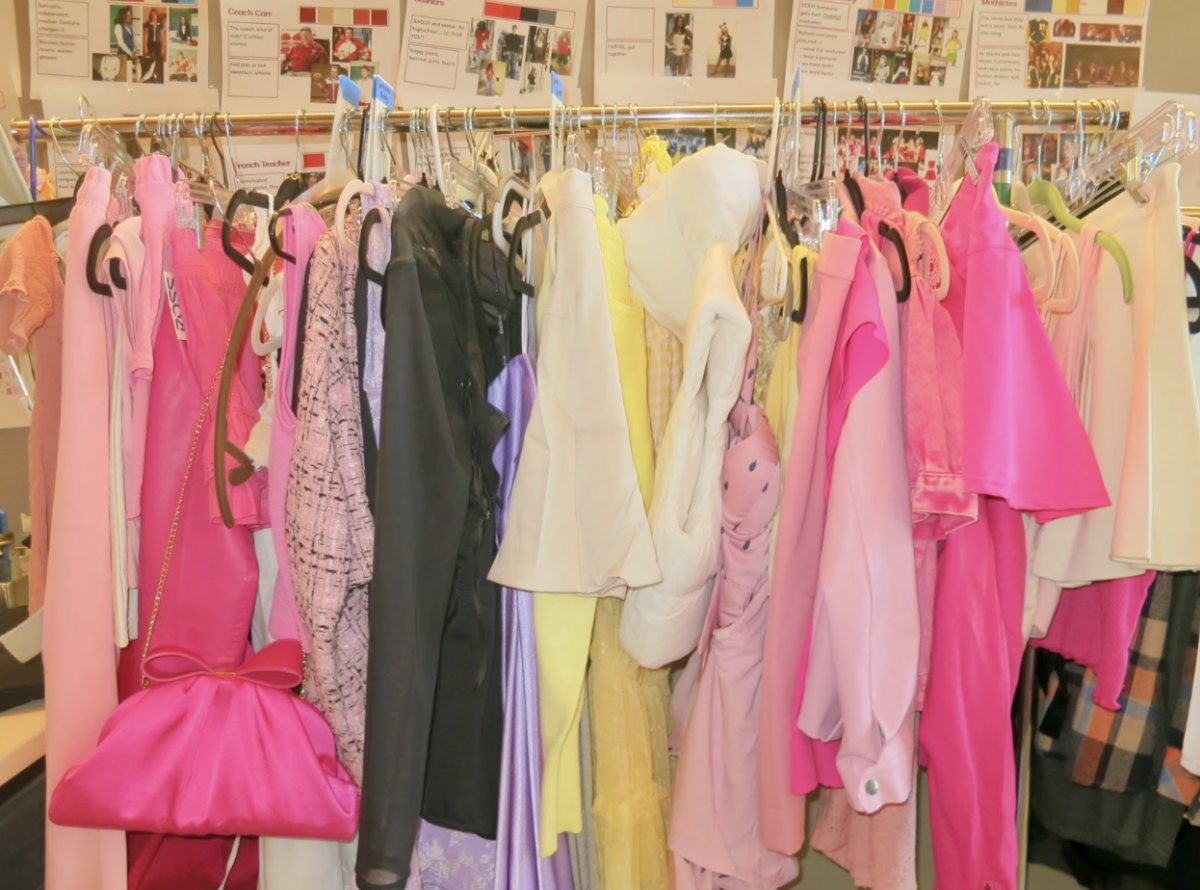



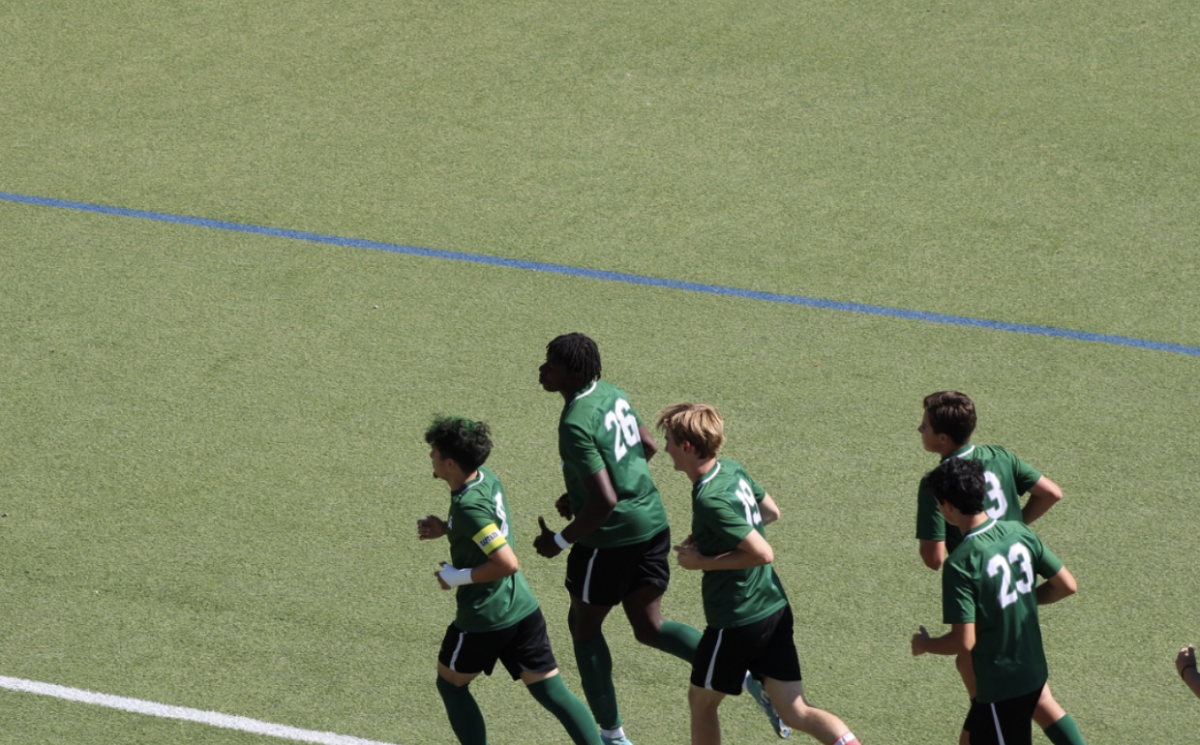
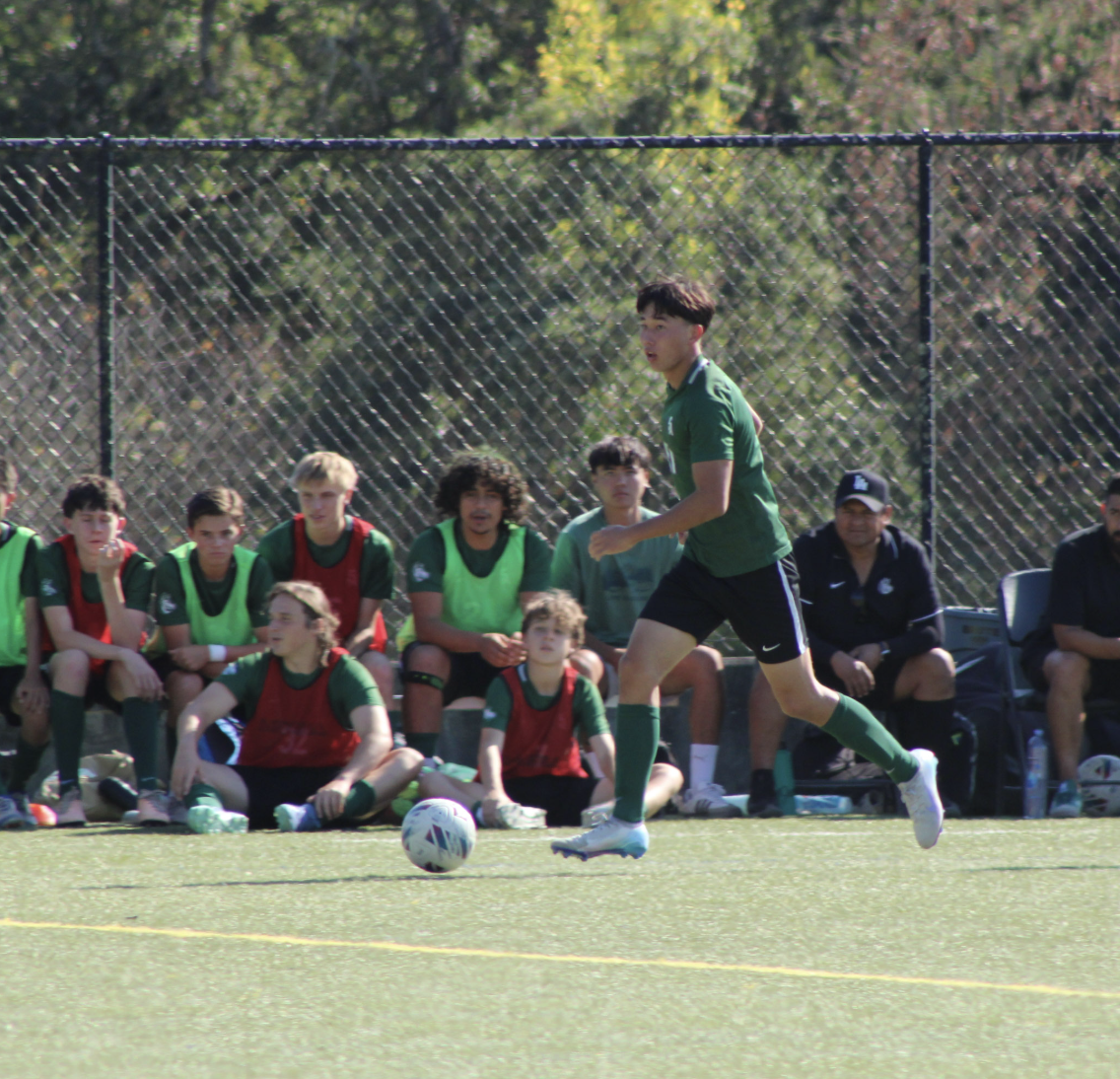


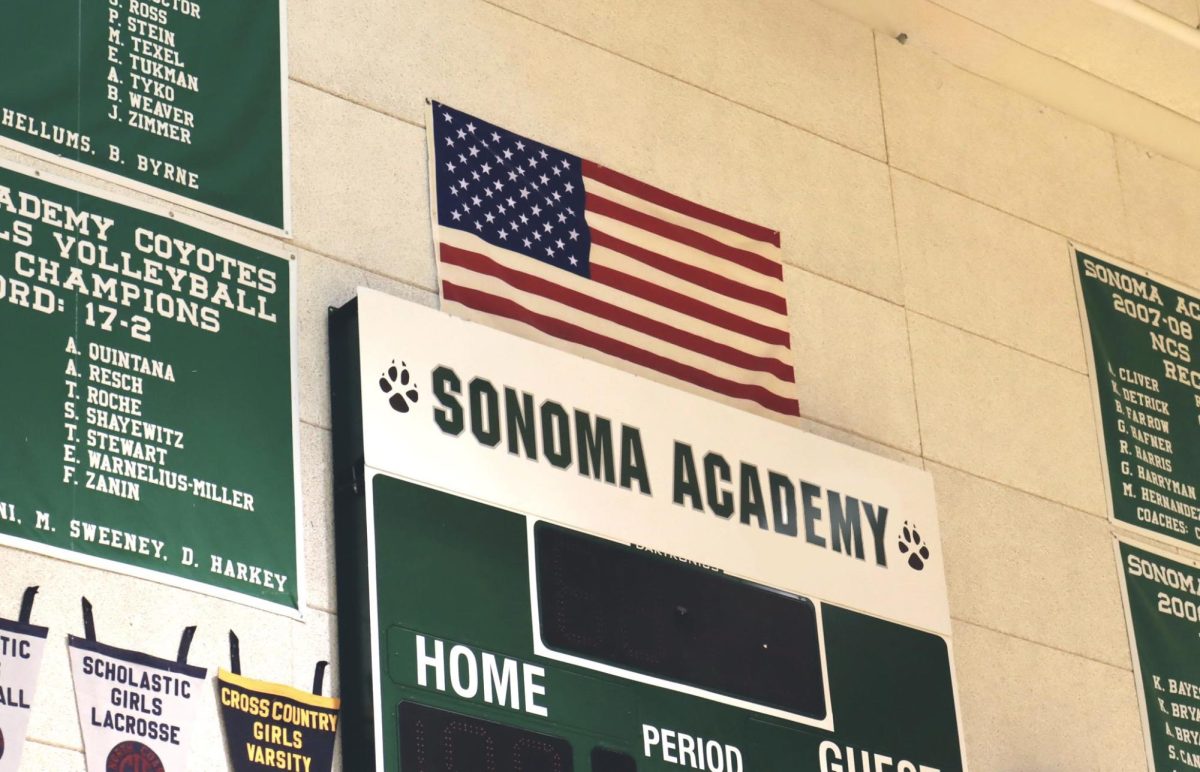
maddie • Oct 14, 2025 at 8:20 am
periodddd